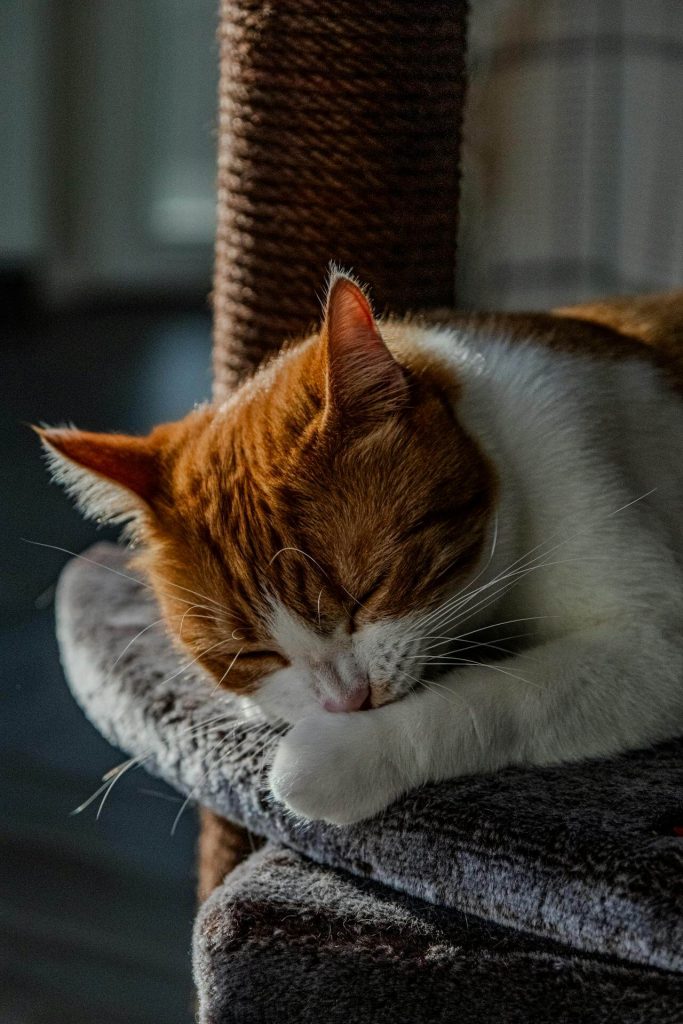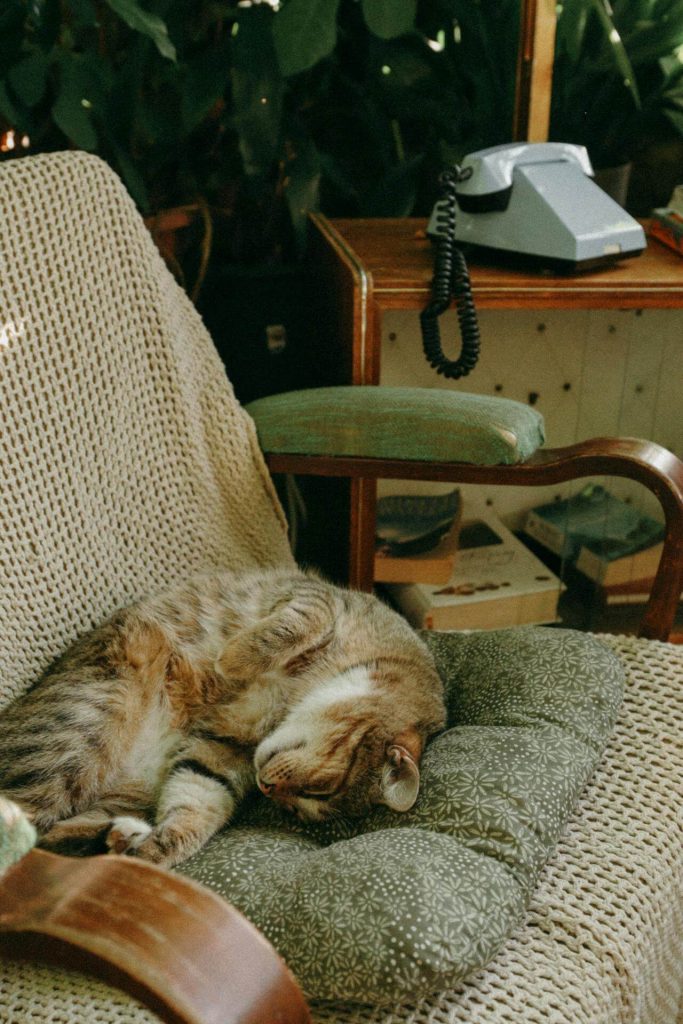If your feline friend plays, sleeps, and hunts inside the safety of your home, you may be wondering if updating their rabies vaccine is really necessary. While it might seem like indoor cats are protected from infectious diseases, the reality is more complicated — especially when it comes to rabies.
Even if your cat never sets a paw outside, a current rabies vaccination is both a legal requirement in North Carolina and a vital part of protecting your cat, your household, and your community.
 What Is Rabies and How Does it Spread?
What Is Rabies and How Does it Spread?Rabies is a deadly virus that attacks the nervous system of mammals, causing progressive inflammation of the brain and spinal cord. It’s most commonly spread through the bite of an infected animal.
It can take weeks or months for an infected animal to exhibit the classic signs of rabies, so it’s important to treat all bites as possible exposures.
Once symptoms appear, rabies is almost always fatal. The only effective protection is prevention, which is why vaccines are so critical. Fortunately, the rabies vaccine is highly effective and readily available through your veterinarian as well as free and low-cost community clinics.
Vaccination isn’t just a good idea — In Raleigh, NC, it’s the law. All cats over four months of age must receive a rabies shot, even if they are kept indoors full-time. This requirement even applies to cats living in apartments, condos, or homes with no outdoor access.
Failure to comply with this law can result in:
In short, skipping the rabies shot can carry serious legal and emotional consequences.

While choosing to keep your cats inside drastically reduces their risk of exposure to infectious diseases, the unexpected can and does happen.
It’s a misconception that rabies exposure is always a dramatic event — it can happen quickly and quietly.
Kittens should get their first rabies vaccine by 16 weeks, and adults need annual boosters (some veterinarians use a three-year vaccine).
If an exposure occurs, it’s critical that you’re able to provide proof of an active vaccine. If you’re unsure of when your cat received their last booster, your veterinarian can review your records and help you get back on schedule.
Getting your indoor cat vaccinated against rabies is a simple, affordable step that protects your pet and family against a devastating disease process. Check on your cat’s vaccination status and stay in compliance with North Carolina law.